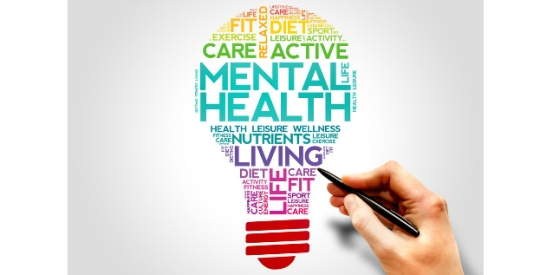
In uncertain times, one thing we have undoubtedly seen amongst all the fear has been kindness, in the form of community support, sharing hope and positivity, raising money for organisations in need and much more..
Kindness has the ability to transform our communities be that in schools, places of work or within families, with the added benefit that helping others is good for your own mental health too!
We can all play our part in spreading kindness and positively impacting others’ and our own mental wellbeing right now – so we’ve come up with 10 ideas to help you get started:
1. Reach out: A simple phone call to friends, family members and neighbours to see how their doing and if there’s any way you can help them creates useful support networks for when you’re not feeling too great, as well as positively impacting yours and their self-esteem.
2. Send a kind or motivational message: If you know someone struggling with isolation, exercise, stress or something else, send them a few kind words or a motivational message to wake up to and help kickstart their day in a more positive way –make them feel valued by showing you care.
3. Order takeout (for a friend): Whether someone is struggling with money, cooking or just a lack of energy, why not surprise them with a takeaway to ease their worries for an evening?
4. Show appreciation: Everyone is adjusting to remote working and for some the stressors will be worse than others. If you know who these people are, show your gratitude for their help where possible, or give praise when they’ve completed a task they’ve been struggling with.
5. Help around the house: You’re spending more time at home than ever before which can be challenging for all parties under one roof. Ease the pressures by helping out those around when you can. Gardening or cooking can also be incredibly therapeutic ‘chores’!
6. Get moving with the May Movement: MHF are asking people to get active for 30 minutes a day to be kind to themselves. Plus, exercise releases endorphins – the ‘happy hormones’ to help you feel more positive. How about yoga or cycling for 30 minutes?
7. Offer support – or ask for it: The most important way for individuals to stay mentally healthy is to recognise when they’re not feeling right and asking for help. Whether for yourself or someone else, consider reaching out to family, friends, your GP or a mental health charity to learn coping mechanisms to strive for a more positive path.
8. Volunteer: With isolation giving many of us more free time, look out for volunteering opportunities that can be done from the comfort of your own home, like joining a befriending service to help those at risk of loneliness. Talking is a great therapy for all!
9. Take an online class: For those struggling to fill free time, consider getting them involved in a virtual class. Whether exercise, educational or learning a new hobby, accomplishing something new and keeping your mind busy is a sure-fire way to boost wellbeing. Got a skill yourself? Host a class for them and share your skills!
10. Spread the word: get the nation talking about the impact of kindness on mental health by joining in the conversation online and sharing what you’ve been up to using the hashtags #KindnessMatters and
